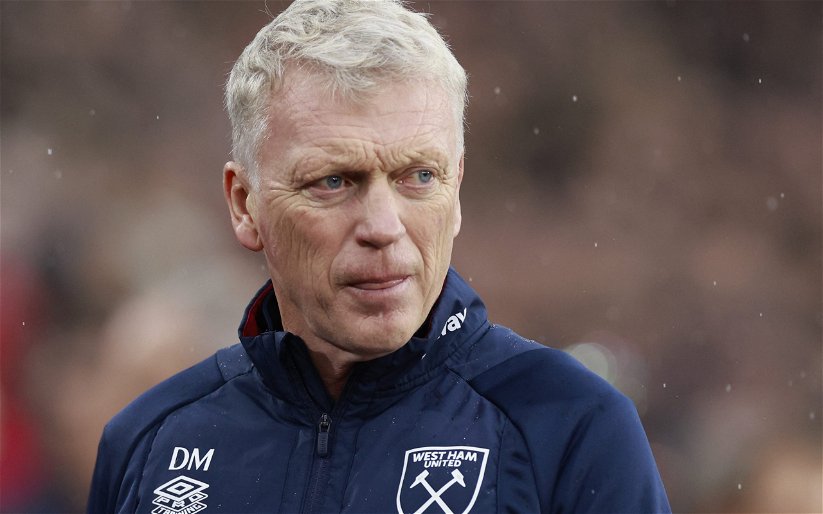 A radical plan to reform youth football in England was announced last month in order to improve the quality of our national team and give youngsters the best possible chance of making it in the beautiful game.
A radical plan to reform youth football in England was announced last month in order to improve the quality of our national team and give youngsters the best possible chance of making it in the beautiful game.
The current system was deemed not strong enough according to the Director of Football Development at the FA, Sir Trevor Brooking in his FA youth development review taken place earlier this year. This coincided with the arrival of Gareth Southgate as the head of elite development and he had an input in the development revue alongside Sir Trevor.
In the old system children from the age of 10 and above were being thrown onto full size pitches and had to learn to adapt to them, whereas the new review will ensure no youth player will play on an 11-a side pitch until they are 13. The winning mentality was also pressured onto children at a young age; and that will be tough to shy away from; but that is going to be withdrawn, with games having smaller, or no goals, to focus on skill and first touch rather than getting the ball in the goal.
The current 11 a side leagues at ages of 13 and below will slowly come to an end and 9-a side leagues will be introduced to improve touch and skill to add to the smaller goals which will improve accuracy and finesse.
Another criticism is that competitive football was introduced to early which is unhealthy for young children as it can dent their confidence and change the style of football that they play. The age of competitive football will be raised to ensure that leagues and cups are no longer available until the age of nine when the 7-a side game is introduced.
The extra hours and facilities that have been insisted in the plan; that all 20 Premier League clubs agreed to this year; will give youngsters aged nine to 16 up to 20 hours of coaching a week, a huge rise from the current five hours a week that is on average spent with the youth teams in Premier League clubs. The rise will give the chance for more coaches to get involved as well as the coaches getting to see the real strengths and weaknesses of a player in depth.
Some have said that the amount foreign players coming to English game has affected the level of home-grown talent, but there were 222 English-qualified players who played first-team football in the Premier League last season, surely that is enough to find 11 to perform in international competition. Time will tell if Mr Capello can select a squad good enough to have a chance at the Euro’s next year but this tournament will just be the start of what the FA hopes will be a long term success of their scheme.
The scheme is hoped to be fully functional by 2014 and that could create a whole new era of English football, making the nation more competitive and producing more, talented players.
However, could the FA have gone a different way of putting together this plan? You would have thought that the big wigs would have hired the help of the people who know more about academy football in this country than anyone else, namely, Tony Carr.
The head of Youth Development at West Ham United is famous for consistently bringing through young stars over his 38 years of coaching at Upton Park. There is no man in English football with a better history or experience than Carr, so should he not have lead any plan into reforming youth football.
Carr had seven players in the England World Cup squad last summer that have come through his youth system including John Terry, Frank Lampard and Rio Ferdinand, showing what a dominance he could have over the English game and surely his expertise could have been used this summer.
With the likes of Jermaine Defoe, Michael Carrick and Glen Johnson struggling for first team football at their respective clubs, Carr’s players may be victim of being edged out by foreign players that will infuriate the East End born coach and you would like to think he had some answers to questions posed by the FA during the reform.
While cleaning the boots of Bobby Moore and Geoff Hurst as a youngster, Carr said he dreamt of becoming a professional footballer but was declared not good enough by West Ham and he turned his attention to coaching, which he has been doing ever since. Football fans, managers and players alike, all around the country will sit up and listen when a coach of Carr’s experience has ideas so why didn’t the suits at the FA?
With clubs such as Southampton, Leeds United, Everton and Middlesbrough having fantastic youth systems that were equally not involved in the new reform, surely firsthand experience will be more relevant than numbers on a page for the future of English football.


